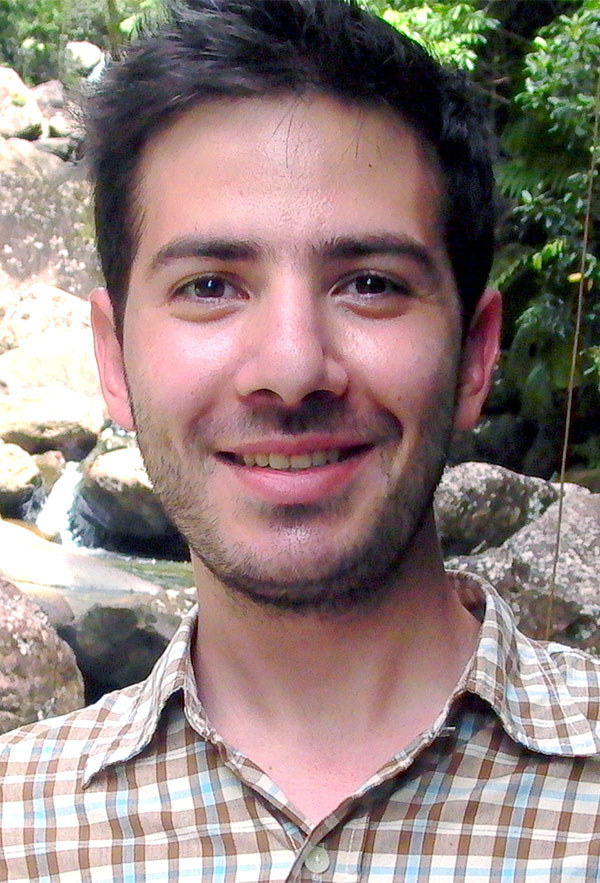
 |
Ph.D. student Yannis Dialynas has won an Earth and Space Science Fellowship from NASA to support his studies.
Dialynas is researching agricultural soil erosion and deposition as a means of removing some of the carbon from the atmosphere. His work will fill a gap in estimates of global carbon production and accumulation called carbon budgets. As Dialynas said, some of the budgets “simply do not add up” — more carbon is removed than the budgets account for.
“Erosion and burial of soil organic carbon in agricultural sites may explain a significant part of the ‘missing [carbon] sink,’” he said. “Assessing the role of erosion and deposition on the carbon cycle is critical for understanding future challenges posed by climate change.”
Working with Provost and K. Harrison Brown Family Chair Rafael Bras, Dialynas uses satellite measurements of CO2 and soil moisture to model carbon exchange between soil and the atmosphere.
“With this research, we will be able to quantify key factors that control the erosion-induced CO2 exchange with the atmosphere that have been poorly represented on regional and on global [carbon] budgets,” Dialynas said.
Dialynas was the only Georgia Tech student to receive one of the NASA fellowships, which he called one of the most prestigious student awards in earth and space sciences. NASA funded fewer than one in seven applicants.
